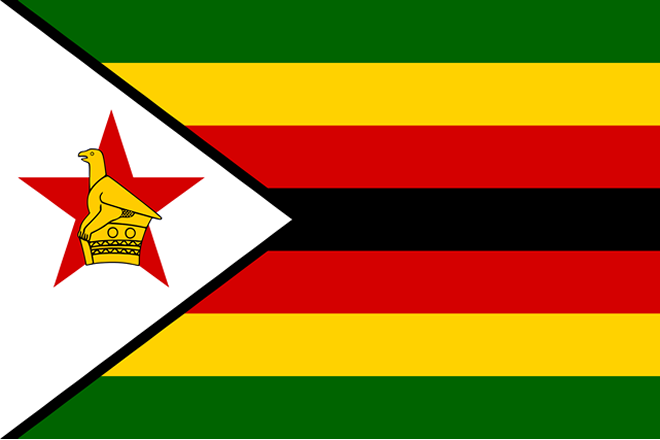Women Empowerment Activities in Zimbabwe: A Glimpse into the Strides of Change

Zimbabwe, a country rich in cultural heritage and natural beauty, is also a country where women are actively working towards their empowerment. Various initiatives are underway to uplift women and promote gender equality. Therefore, this article will delve into some of these activities, shedding light on the progress towards women empowerment in Zimbabwe.
Women empowerment in Zimbabwe: Community Organising and Gardening
Firstly, one of the most notable initiatives is the organic gardening project in the Matobo district, Bulawayo. A committee of 36 women and 24 men started this project. This not only provides a direct food supply to over 50 households but also generates income from the sale of the remaining 20% of the produce. Additionally, the women also extend their support to the community, providing food, clothes and school fees to those in need. Women empowerment in Zimbabwe is enabling women to be providers for their families and communities.
R4 Resilience Programme
Secondly, the World Food Programme’s R4 resilience programme has been instrumental in empowering women in Gwatinyanya, Masvingo district. The programme has provided women with the skills to mitigate drought and secure more assets. This breaks the cycle of dependence for rural women. Moreover, the women learn the value of insurance and savings. Also, they are now capable of managing their own resources. Women empowerment in the rural areas contributes to gender equality.
Building Feminist Movements towards women empowerment
Thirdly, the Institute for Young Women Development (IYWD) is working to end violence against women and girls in Zimbabwe. This is through community organising and movement-building. They have launched the community-led Whistleblower campaign in Mashonaland Central province. This fosters alliances between women activists, local leaders and the police’s Victim Friendly Units. Furthermore, this has led to improved reporting and handling of cases of violence against women and girls. Additionally, they have developed virtual engagement platforms for women to engage with local decision-makers and create solutions. This move towards women empowerment in Zimbabwe will enable women to speak out and fight against violence against women.
Literature and Writing
Also, women writers in Zimbabwe are also contributing to the empowerment of women in Zimbabwe. A new generation of female novelists is exploring the political problems and history of the country. This provides a platform for women’s voices to be heard. Authors like Siphiwe Gloria Ndlovu, Novuyo Rosa Tshuma, Sue Nyathi, and Valerie Tagwira are reimagining how stories about post-independence Zimbabwe are told, reflecting some of the country’s darker moments.
Economic Empowerment
Finally, economic empowerment is another key area of focus. The Ministry of Women’s Affairs highlighted the importance of providing women with access to finance, markets, capacity building and technology. The Africa Continental Free Trade Area (AfCFTA) has a large market for goods and services, providing investment opportunities for women. Women in Zimbabwe are working towards exporting their goods and services in the AfCFTA. Moreover, this will help in improving lives of women and their dependants.
Conclusion
To conclude, the efforts towards women empowerment in Zimbabwe are multifaceted. They encompass community organising, education, economic empowerment and literature. These initiatives are not only uplifting women but also contributing to the overall development of the country. These efforts are examples of some of the work being done by different stakeholders. The aim is to empower women to be better citizens in their communities. As the nation continues to move forward, it is essential that these efforts are sustained and expanded to ensure a brighter future for all Zimbabwean women.





